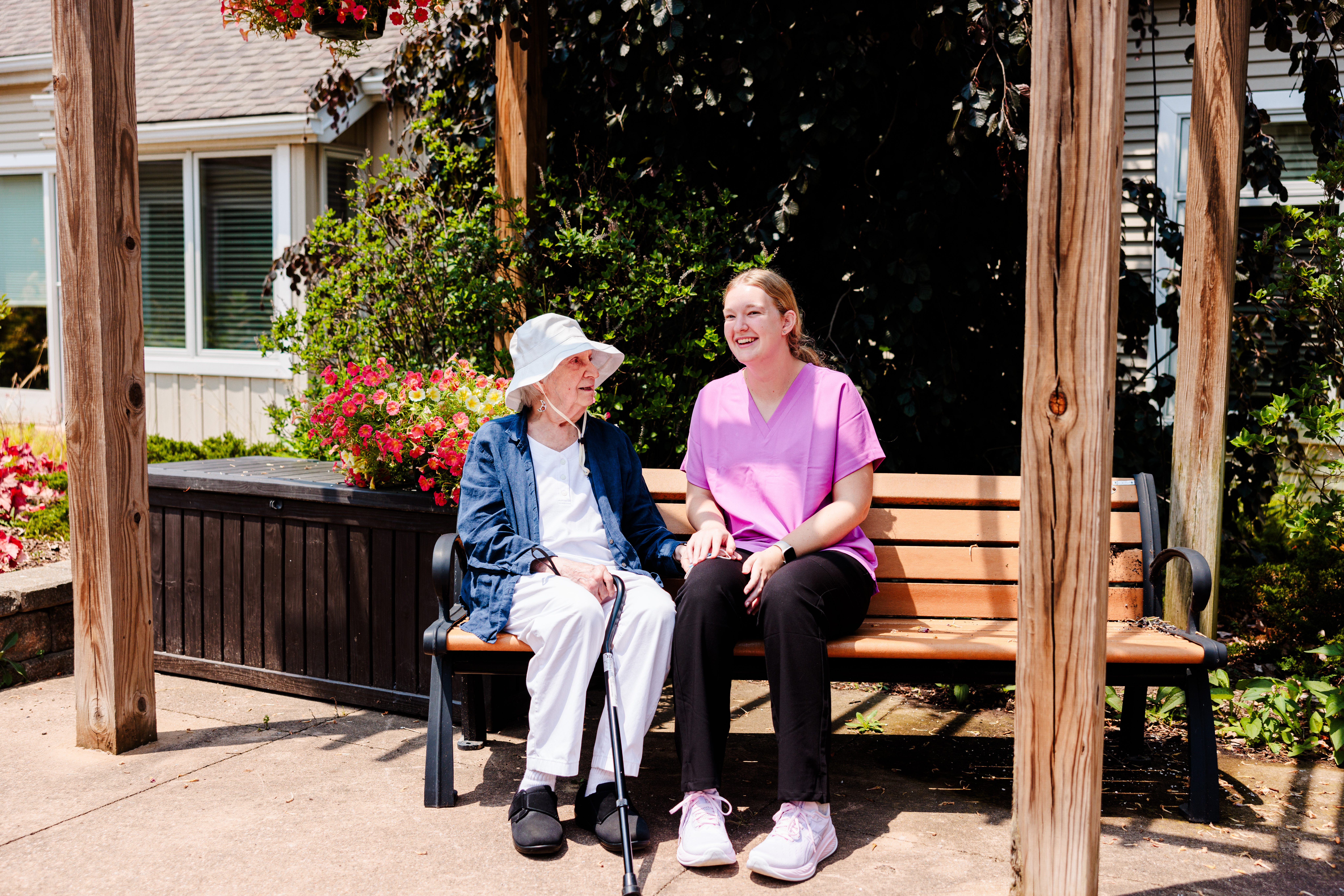Now What? 3 Cleveland Doctors Share What's Next in the Fight Against COVID-19
by Emma Dollenmayer | Oct. 26, 2021 | 11:00 AM

If there’s anything everyone can agree on, it’s that the end of the COVID-19 pandemic has been a long time coming. For a little more than a year and a half, doctors and physicians worldwide have been working relentlessly to provide communities with the care and relief they need. The same commendations can be said for those working at health facilities in Cleveland. Three local experts provide us with details on what each of their hospitals is focusing on to brighten the future.
Dr. Cliff Megerian
As CEO of University Hospitals Health System, Megerian has made significant strides by introducing clinical trials for the Pfizer vaccine to Northeast Ohio and being among the first in the nation to trial the drug remdesivir, which Megerian says is the only FDA-approved treatment that helps reduce the severity of the illness associated with COVID-19. They’re also offering coronavirus booster shots, which help build the immune system to prevent serious illness. Megerian says therapeutics are needed, though, to treat a patient with COVID-19. “We need to get to that level of a pharmaceutical armamentarium, and UH is leading the way right now,” says Megerian. “We are already doing a clinical trial on one major oral anti-COVID therapeutic, and we have 12 more treatments through our Harrington Discovery Institute that we’re working on delivering.” And that’s just a sliver of the 180 clinical trials and research studies currently underway.
Dr. Steven Gordon
The infectious disease physician from the Cleveland Clinic confirms getting vaccinated is the primary prevention tool in combating the virus. “You want to meet people where they are in a non-judgmental fashion,” says Gordon. “Attempt to get them to maybe change their minds.” Gordon constantly emphasizes the need to be empathetic and helpful to everyone in the community, such as the homeless and incarcerated, who may not have all the necessary resources to remain safe. As a result, the Cleveland Clinic has many programs in place to help promote the health and well-being of those in underserved areas. “We really do care about our patients before, after and during the discharge, and about our communities,” says Gordon.
Dr. Amy Ray
The medical director of infection prevention and regulatory affairs at MetroHealth points out that her hospital has a vaccination mandate for its employees so they can continue to evolve as a safe environment. “We have a robust testing network for our healthcare system that remains in place and very active. We’re running a few thousand tests per week, still,” she says. MetroHealth has also helped prevent COVID-19 at the jail and keep rates of transmission low within it. “When we have a mission that we stick to, even during the pandemic, and not only do we stick to the mission, but we ratchet up the mission, then that gives me great confidence and professional and personal satisfaction to be a part of MetroHealth,” says Ray.
Trending
-
1
-
2
-
3
-
4
-
5










